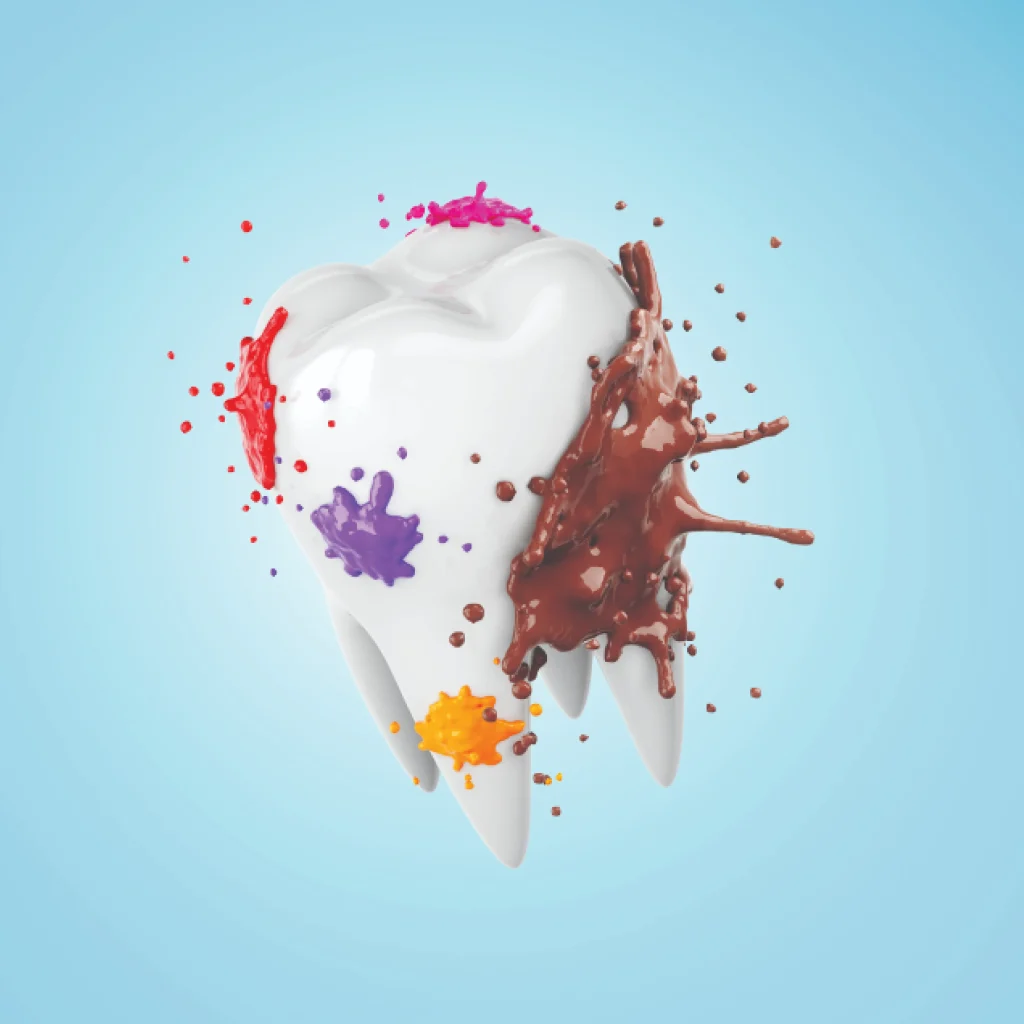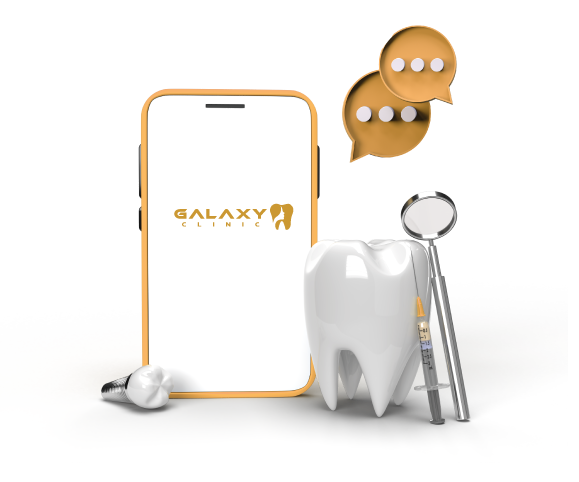food oral health
How does food types affect teeth health?
What you choose to eat and how often you eat it, will eventually affect your general health, as well as your mouth, teeth and gums health; as when you feed yourself certain foods, you’re also feeding germs and bacteria inside your mouth, that will cause tooth decay and gum disease, and others.
In this article, we will discuss how food types affect oral health.

How can certain types of food affect teeth?
Some foods increase tooth decay percentage incidence, some foods help avoid the development of plaque.
A bad diet that is high in sweets, starches, and carbs makes the mouth more prone to gum disease, tooth loss, dental decay, and cavities. This diet also promotes the formation of plaque, which creates an acid that destroys tooth enamel, causing cavities.
A good diet helps remove plaque from teeth and refresh breath, as several fruits and vegetables are high in antioxidant vitamins like vitamin C, which help protect gums and oral tissues from bacterial infection and cell damage.
What are the foods that can harm teeth health?
1-Sticky candies and sweets.
Such as lollipops and caramels that have refined sugar, as they stick between and on teeth, making it more prone to acids that are produced from oral bacteria, resulting in tooth decay and cavities.
2- Foods that are rich in starch.
Starchy food can get lodged in your teeth, like soft breads and potato chips.
3- Carbonated soft drinks.
These beverages are the most common source of added sugar, as they are high in sugar. Moreover, phosphoric and citric acids that present in soft drinks cause enamel tooth degradation.
What are the foods that are beneficial for teeth health?
1- Fruits and vegetables that are high in fiber.
According to the American Dental Association, foods that are high in fibers help keep your teeth and gums clean. They also cause salivation, which is your strongest natural protection against cavities and gum disease, aside from excellent home dental care.
Your saliva begins to reduce the effects of the acids and enzymes damaging your teeth around 20 minutes after you consume food with sweets or carbohydrates. Calcium and phosphate are found in small amounts in saliva, as a result, it also restores minerals to parts of the teeth that have lost them due to bacterial acids.
2- Dairy goods such as cheese, milk, and simple yogurt.
The calcium and phosphates in milk, cheese, and other dairy products help replace minerals lost due to other foods. They also help in the regeneration of tooth enamel.
3- Fluoride-containing foods.
Fluoridated drinking water, as well as any product made with fluoridated water, benefits your teeth. Fluoride can also be found in commercially prepared meals such as chicken, shellfish, and powdered cereals.
4- Gum with no added sugar.
This is another excellent saliva producer for removing food particles from the mouth.
How to balance diet and maintain oral health?
Reduce the quantity of snacks you consume. If you need to snack, select something healthy such as fruit, vegetables, or a slice of cheese. Because more saliva is created after a meal, foods consumed as part of a meal cause less harm to teeth than snacks taken throughout the day.
Saliva helps in the removal of food from the mouth and reduces the effects of acids, which can destroy teeth and create cavities.
It is also important to have a healthy lifestyle, including brushing twice a day using fluoride toothpaste, floss every day, and see your dentist on a regular basis for good oral health. Your dentist can assist prevent oral issues from happening in the first place and detect those that do occur.
To rad more about teeth health, please click here.
References:
https://www.urmc.rochester.edu/encyclopedia/content.aspx?contenttypeid=1&contentid=4062
https://www.mouthhealthy.org/all-topics-a-z/diet-and-dental-health


